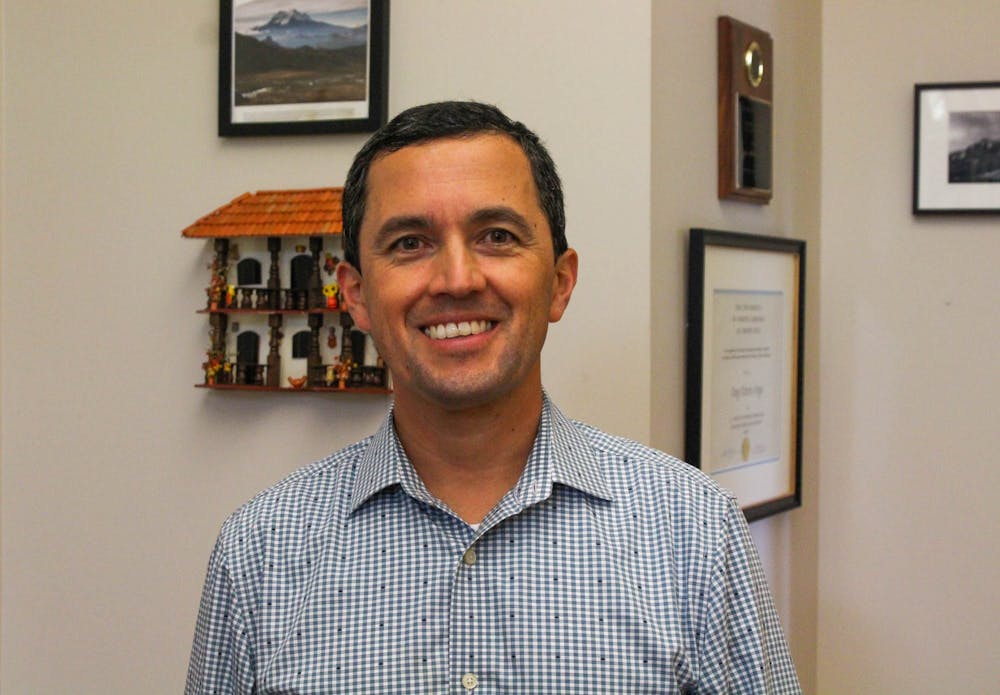The UNC World View program has worked to connect K-12 and community college educators with the surrounding world. Their Teacher-Student Initiative partners educators across North Carolina with UNC faculty.
Teachers from a variety of subjects work with University faculty to learn more about interdisciplinary global themes and their connection to the specific subject. This gives K-12 and community college teachers the opportunity to globalize their classroom while sparking intellectual curiosity among students.
The initiative was created to meet the demand of proficient professional development that focuses on global education, according to the UNC World View written report.
It is a competitive, application-based program that includes K-12 and community college educators in a variety of subjects and levels of experience. Educators who complete the program receive a $500 stipend, 30 hours of professional training and coaching by UNC World View’s assistant directors.
Pam Colbert, the Director of Global Studies and Virtual Learning at Elkin City Schools, said this program allows students to make connections with people that work all over the world with global issues.
“I want (students) to be able to really pursue careers where they have passion — something that interests them — that they enjoy what they do for a living and can also really make a difference in the world,” Colbert said.
The initiative has four goals: support educators in introducing timely global topics to students, connect students in N.C. directly with experts at UNC, provide opportunities for collaborative professional development and create impactful real-world globalized lessons that educators can share and replicate.
The initiative started in 2021 and was implemented in a few school districts around the state with a theme focusing on water and its sociomedical impacts. The curriculum was met with positive feedback from teachers. This year, the theme has changed to shift focus on varying global topics.
Stephanie McGirt, an English teacher at SandHoke Early College, said the program allowed her and her students to realize the impact they had on water in the local area.




